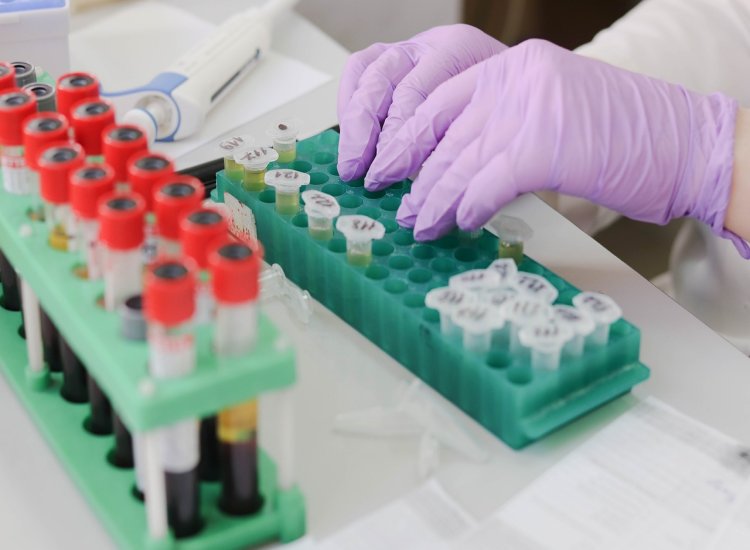
Experts have hailed the “beginning of the end” in the search for effective treatments for Alzheimer’s disease after a new drug slowed memory decline among patients with early stages of the disease.
Lecanemab, which is designed to target and remove amyloid, one of the proteins that accumulates in the brains of people with Alzheimer’s, was found to slow the decline in memory and thinking in patients.
Results of the phase three clinical trial were reported by Eisai, a Tokyo-based pharmaceutical company that partnered with US biotech company Biogen to develop lecanemab.
Eisai reported the first results in September from a study of 1,795 participants with early-stage Alzheimer’s disease.
The scientists found that after 18 months, the drug slowed disease progression by 27% compared to patients taking the placebo.
The full results of the study have since been published in the New England Journal of Medicine, hailed by experts as long-awaited proof that Alzheimer’s disease can be cured.
“This trial is an important first step, and I truly believe it represents the beginning of the end,” said Professor John Hardy, group leader at the UK Dementia Research Institute at University College London. The first step is the hardest, and we now know exactly what we need to do to develop effective drugs. It’s exciting to think that future work will build on this, and we will soon have life-changing treatments to tackle this disease,” reports RTE.
Professor Bart De Strooper, director of the institute, added: “The overall conclusion is extremely positive. This trial proves that Alzheimer’s disease can be treated,” reports RTE.
Professor Nick Fox, director of the Dementia Research Centre, said: “I believe, it confirms a new era of disease modification for Alzheimer’s disease,” reports RTE.
Dr. Richard Oakley, associate director of research at the Alzheimer’s Society, said the findings have the potential to be a “game changing”.
“They give us hope that in the future people with early Alzheimer’s disease could have more time with their loved ones,” he said, reports RTE.
Dr Laura O’Philbin, the Alzheimer’s Society of Ireland’s head of research and policy, described the breakthrough as “huge news”.
Speaking to RTÉ’s Morning Ireland, she said there have been many attempts to create a drug like this in the last 20 to 30 years.
According to RTE, she said: “They have all failed and we’re finally moving into a zone now where we actually have a potential treatment for people with mild cognitive impairment in early Alzheimer’s disease and that is huge.
However, experts have warned that British officials have a lot to do to prepare to deliver the drug, provided it wins regulatory approval.
There are two ways to tell if there is amyloid in the brain: a brain scan or a biomarker test that is currently done through a lumbar puncture.
While a blood test is on the horizon, dementia services have to rely on current tests, which are expensive and can have long waiting lists.
Private patients and those living near large dementia services can access these diagnostic tests, but the vast majority of the public cannot, experts said.
They cautioned that unless there are major changes to diagnostic services, people may not be eligible for lecanemab treatment while on a diagnostic waiting list because it can only be given to patients with mild disease, if their disease progresses to a moderate stage while on the waiting list, they will no longer be eligible for treatment.
Professor De Strooper said: “The participants of this trial were all people with very early-stage Alzheimer’s disease, which raises the question of how we ensure that people can access these drugs at the right stage in their disease course,” reports RTE.
The experts also stressed that even more work needs to be done to investigate the drug’s side effects.
“The trial results have shown us that there is a risk of side effects, including brain bleeds in a small number of cases,” Prof Hardy said, reports RTE.
Tell us your thoughts in the Facebook post and share this with your friends.



